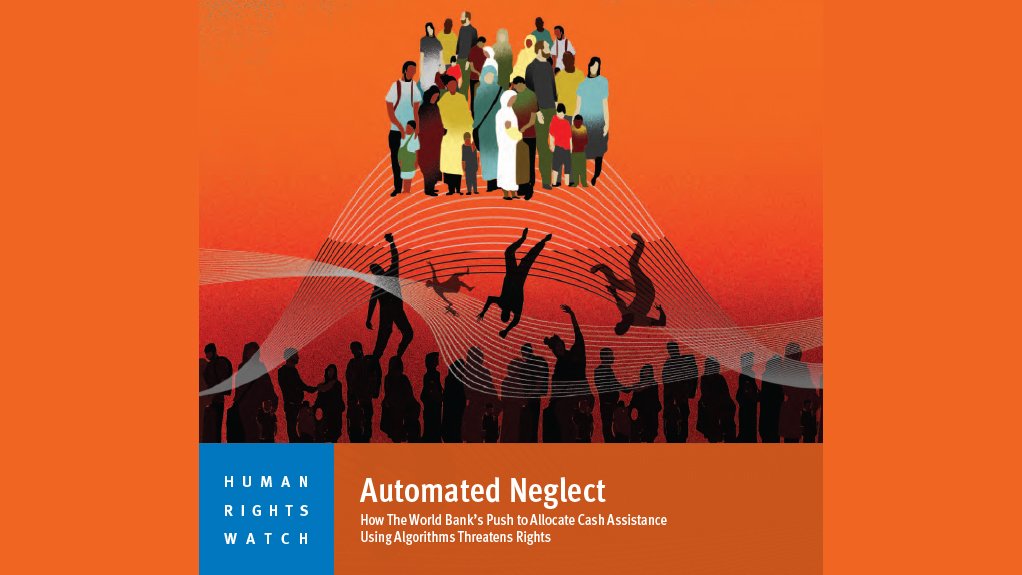- How the World Bank’s push to allocate cash assistance using algorithms threatens rights14.00 MB
Governments worldwide are turning to automation to help them deliver essential public services, such as food, housing, and cash assistance.
But some forms of automation are excluding people from services and singling them out for investigation based on errors, discriminatory criteria, or stereotypes about poverty. Despite these harms, the allure of tech-based solutions to complex social problems is proving hard to resist.
The World Bank is one of the biggest development actors driving this trend, particularly in the Global South, placing big bets on data-intensive technologies to help governments deliver services.
This includes major cash transfer programs that give certain individuals or families financial support. In the Middle East and North Africa alone, eight of ten borrowing countries have received Bank loans to upgrade these programs.
The Bank has long promoted cash transfer programs that select beneficiaries by trying to estimate their income and welfare. This approach, known as poverty targeting, has attracted intense criticism for undermining people’s social security rights, particularly in the wake of the economic crisis triggered by the Covid-19 pandemic.
Report by Human Rights Watch
EMAIL THIS ARTICLE SAVE THIS ARTICLE ARTICLE ENQUIRY
To subscribe email subscriptions@creamermedia.co.za or click here
To advertise email advertising@creamermedia.co.za or click here











